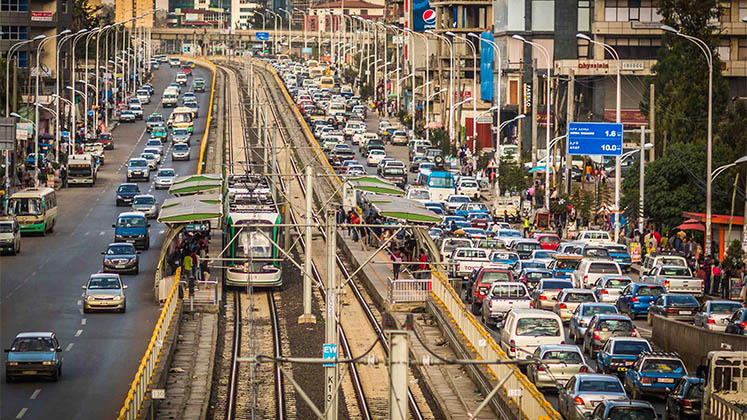Published in Transport Policy, "Cities and the governance of transport interfaces: Ethiopia's new rail systems" by Philipp Rode, Biruk Terrefe, and Nuno F. da Cruz, examines the tradeoff between the speed at which Ethiopia constructed complex rail systems and coordination with stakeholders. It finds that the federal government's centralised approach left out important sectoral actors on the urban scale.
Alongside the research article, a short Policy Brief, How to connect cities and transport infrastructure, distills the key findings from the research and includes 10 policy recommendations for political leaders and decision makers.
An accompanying blog post, "When infrastructures meet" highlights some of the key messages and stories.

This research is part of a larger initiative, Governing Infrastructure Interfaces, which focuses on transport and sanitation infrastructure in Ethiopia's two largest cities to investigate the relationship between development goals and the contribution made by new infrastructure.
This project was conducted by LSE Cities at the London School of Economics and Political Science in partnership with EiABC at Addis Ababa University and the African Centre for Cities at the University of Cape Town. It was supported by the Cities & Infrastructure Programme led by the British Academy on behalf of all the National Academies, as part of the UK Global Challenges Research Fund.